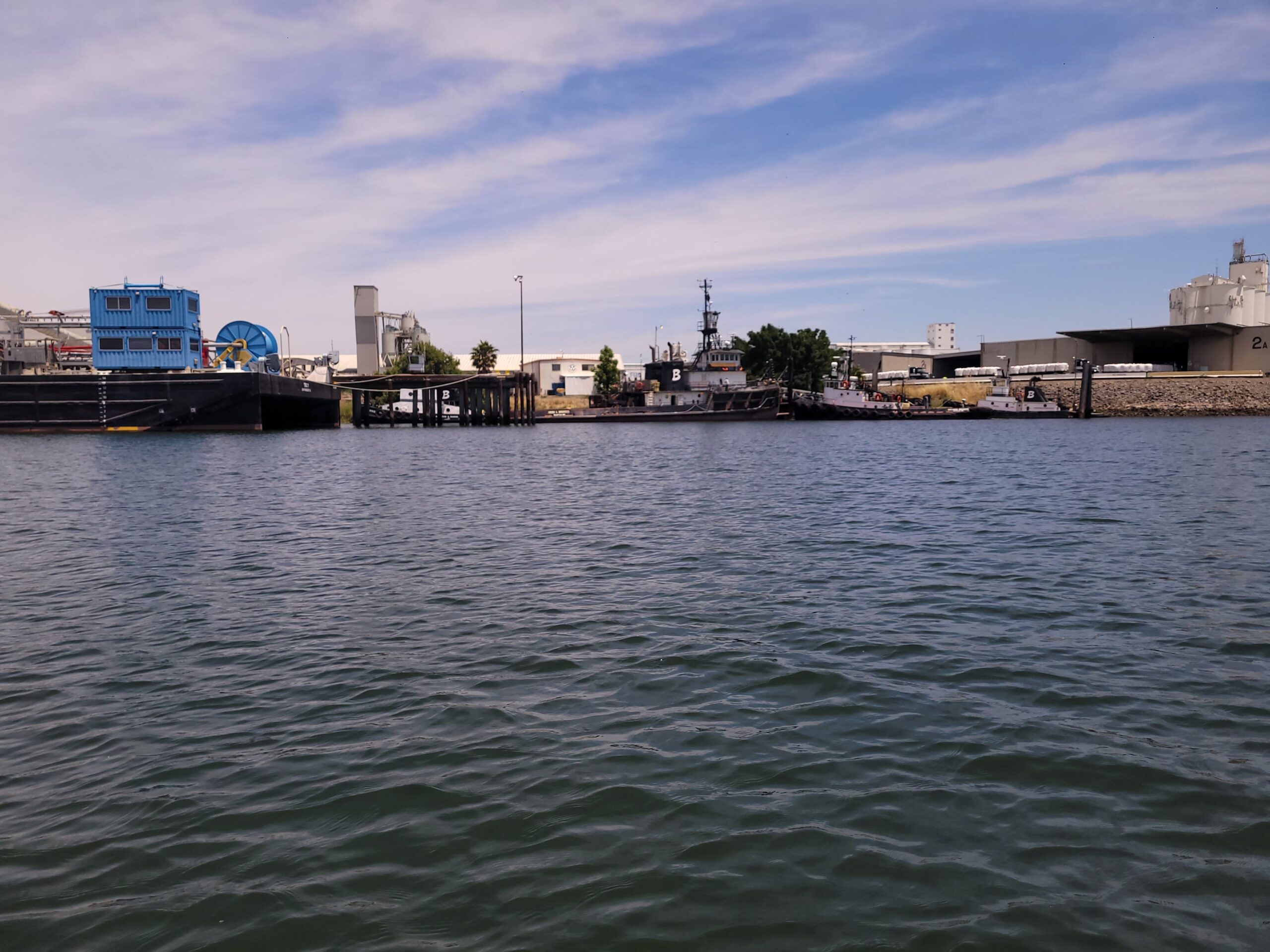This project is a case study which will assess the potential effects of remobilized sediment-associated contaminant on Delta Smelt and zooplankton. This project funded by the California Department of Fish and Wildlife through a PROP 1 grant will directly address the need for an improved understanding of the role of water quality on the managed species; Delta Smelt and examine the potential impacts of resuspended contaminants on a threatened fish species and their prey. This project is necessary due to the proposed action of reconnecting the Sacramento Deep Water Shipping Channel (SDWSC) with the main stem Sacramento River, which will allow for the flushing of food resources into the resource-limited North Delta. While this action will provide potential positive effects such as a pulse of phytoplankton, zooplankton and nutrients into known rearing sites in the Delta which will provide much needed food resources to Delta Smelt and other fishes, hydrophobic organic contaminants (HOCs) have been identified in pre-dredge samples as part of the Sacramento and Stockton DWSC Maintenance Dredging Project. Contaminants have been identified in invertebrate prey species, thus remobilized HOCs could be detrimental to both developing fish and their prey. In addition, cargo shipping activities are prevalent in the channel which provides a constant flux of resuspended materials which raises additional risk of exposure. This project will address these issues in a two-year study. Our specific objectives are to:
- Objective 1. Determine total and bioavailable concentrations of sediment-associated HOCs in the SDWSC;
- Objective 2. Conduct toxicity bioassays with larval Delta Smelt with samples from the SDWSC and Sacramento River to examine impacts on this protected species; and
- Objective 3. Examine the impacts of resuspension on bioaccumulation in zooplankton and surrogate fish species.
This evaluation of contaminants in the system will allow for a more informed management decision concerning the risk of exposure to Delta Smelt and their prey from resuspension of sediment-associated contaminants.
